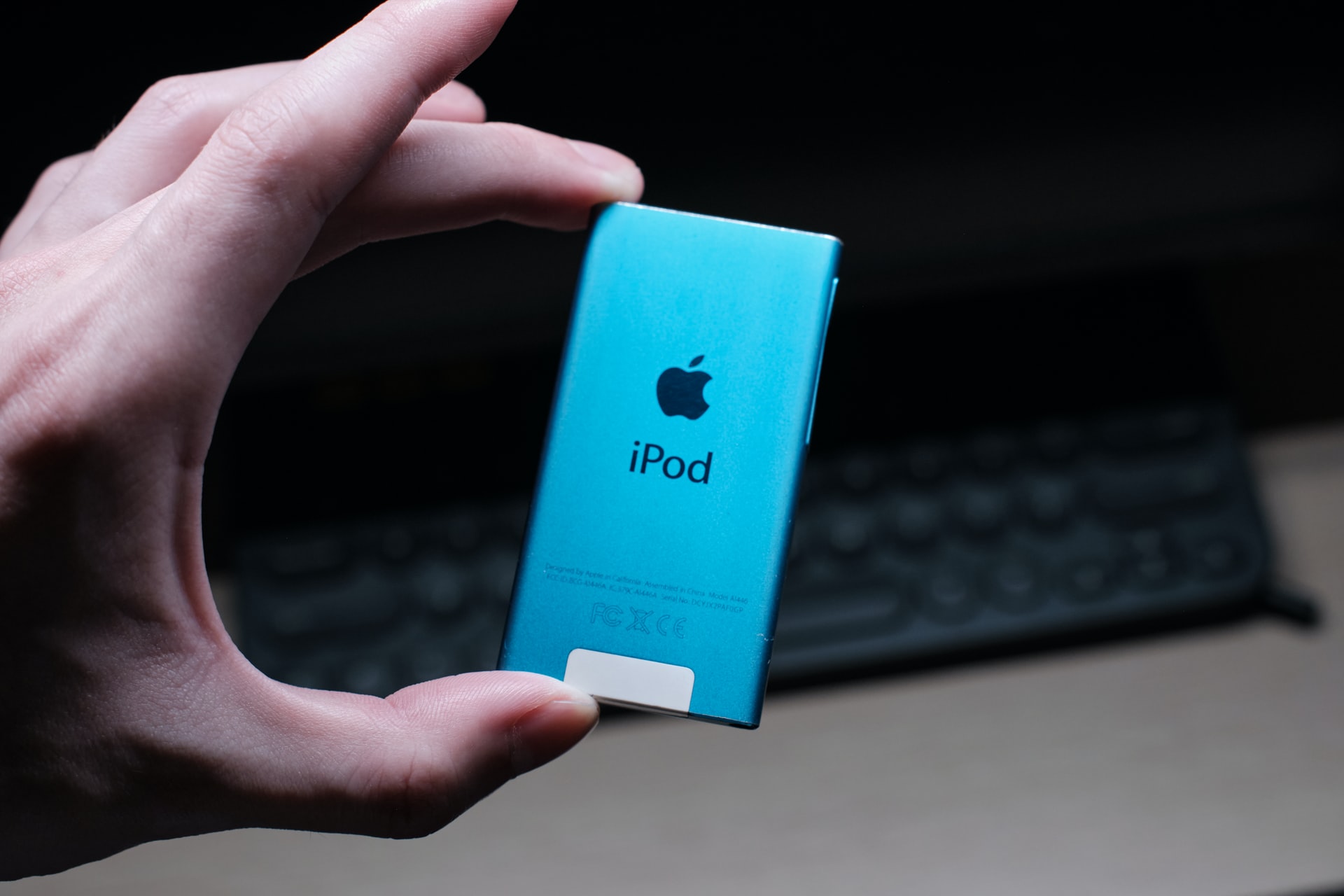Apple’s iPod, which was introduced in 2001 and promised to revolutionize the way we consume music, has officially met its end. The introduction of streaming music services in the early 2010s marked the beginning of the iPod’s decline. Users no longer had to load their phones with songs beforehand when they could listen to music anywhere with a cell connection. With an iPod Touch, users either had to remember to download songs for offline listening or stay tethered to a Wi-Fi network to stream their Spotify playlists.
The iPod expanded listening beyond the constraints of the home stereo system, allowing the user to plug into not only their headphones, but also their car radio, their computer at work, or their hi-fi system at home. It made it easier to entwine these disparate spaces into a single personalized soundtrack throughout the day. The iPod helped transform Apple from a struggling computer manufacturer to the world’s biggest company. While the focus has been predominantly on music, the iPod gained a series of features over time.
Despite its evolution, Apple’s principle of keeping listeners in its closed ecosystem has been the key to the popularity of not just the iPod, but modern devices like the iPhone and iPad. As part of this process, Apple funnels any third-party purchases through its own lucrative App Store.
The iPod will forever be remembered as a device that revolutionized the way we consume music. Its impact on the music industry and the world of technology cannot be overstated. However, with the advent of streaming services and the rise of smartphones, the iPod has become obsolete. Though the device is no longer being produced, it will always hold a special place in the hearts of those who grew up with it.
The death of the iPod has sparked many conversations about how technology has changed the way we consume and experience music. With the rise of streaming services and smartphones, it’s no surprise that the iPod has become obsolete.
However, it’s important to remember the impact that the iPod had on the music industry and the world of technology. The device revolutionized the way we listen to music, expanding listening beyond the constraints of the home stereo system and allowing users to create a personalized soundtrack throughout the day.
The iPod also played a significant role in Apple’s success, helping to transform the company from a struggling computer manufacturer to the world’s biggest company. Despite its evolution, Apple’s principle of keeping listeners in its closed ecosystem has been the key to the popularity of not just the iPod, but modern devices like the iPhone and iPad.
It’s clear that the iPod will forever hold a special place in the hearts of those who grew up with it. The device will be remembered as a game-changer, a device that transformed the music industry and paved the way for new technologies.
As technology continues to evolve, it’s important to remember the impact that devices like the iPod had on our lives. While the iPod may no longer be relevant in today’s world, its legacy will live on.

